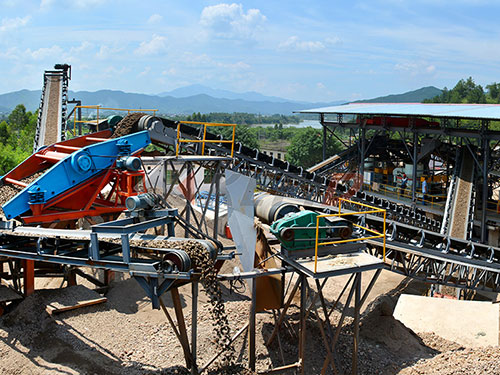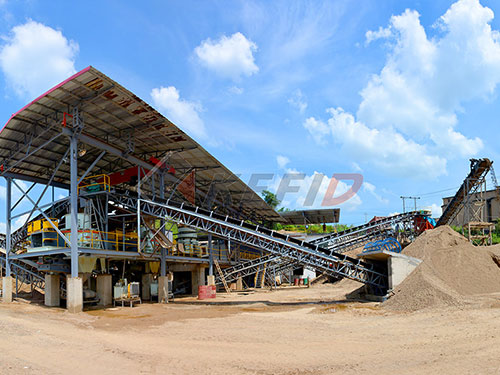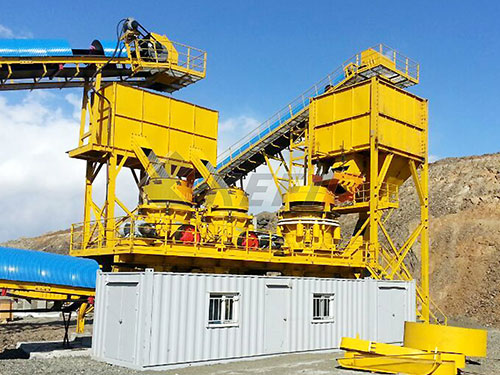The Mortar and Pestle: An Ancient Tool for Crushing Rocks in the Modern Age
In an era dominated by electric crushers and high-powered machinery, the humble mortar and pestle stands as a testament to enduring simplicity and effectiveness. While most commonly associated with grinding spices or preparing pastes in the kitchen, this ancient tool has a significant – albeit less glamorous – role in geology, prospecting, mineralogy, and lapidary work: crushing rock samples.

Why Choose Mortar and Pestle for Rocks?
Despite its basic design (a sturdy bowl – the mortar – and a club-shaped grinding tool – the pestle), the mortar and pestle offers unique advantages for specific rock-crushing tasks:
1. Minimal Sample Contamination: For geochemical analysis or precise mineral identification where avoiding contamination from other minerals or metals is critical (e.g., gold prospecting assays), mortars made of non-reactive materials like agate are indispensable.
2. Small Sample Processing: When you only have a small fragment of rock or mineral to crush into powder for testing (like streak tests or acid reactions), it’s far more practical than setting up larger equipment.
3. Controlled Particle Size: With careful technique, you can achieve surprisingly uniform fine powders or coarser grinds suitable for panning concentrates.
4. Portability & Accessibility: It requires no power source, making it perfect for fieldwork or locations without electricity.
5. Cost-Effectiveness: A quality mortar and pestle is significantly cheaper than most mechanical crushers.

Choosing the Right Mortar & Pestle:
Not all mortars are created equal when facing hard rock! Material selection is paramount:
Agate: The gold standard for contamination-free crushing of hard minerals and rocks (e.g., quartz). Extremely hard (Mohs ~7), durable against abrasion, chemically inert.
Hardened Steel: Excellent for tough jobs where contamination isn’t a primary concern (e.g., initial breaking of large chunks before finer processing). Very durable but can introduce iron particles.
Porcelain / Ceramic: Suitable only for very soft minerals (gypsum, talc) or already crushed material consolidation; easily chipped by harder rocks.
Cast Iron: Heavy-duty but prone to rusting; also introduces iron contamination.
Avoid: Wooden or stone mortars not specifically designed/sold for rock crushing, as they are likely too soft or

Leave a Reply